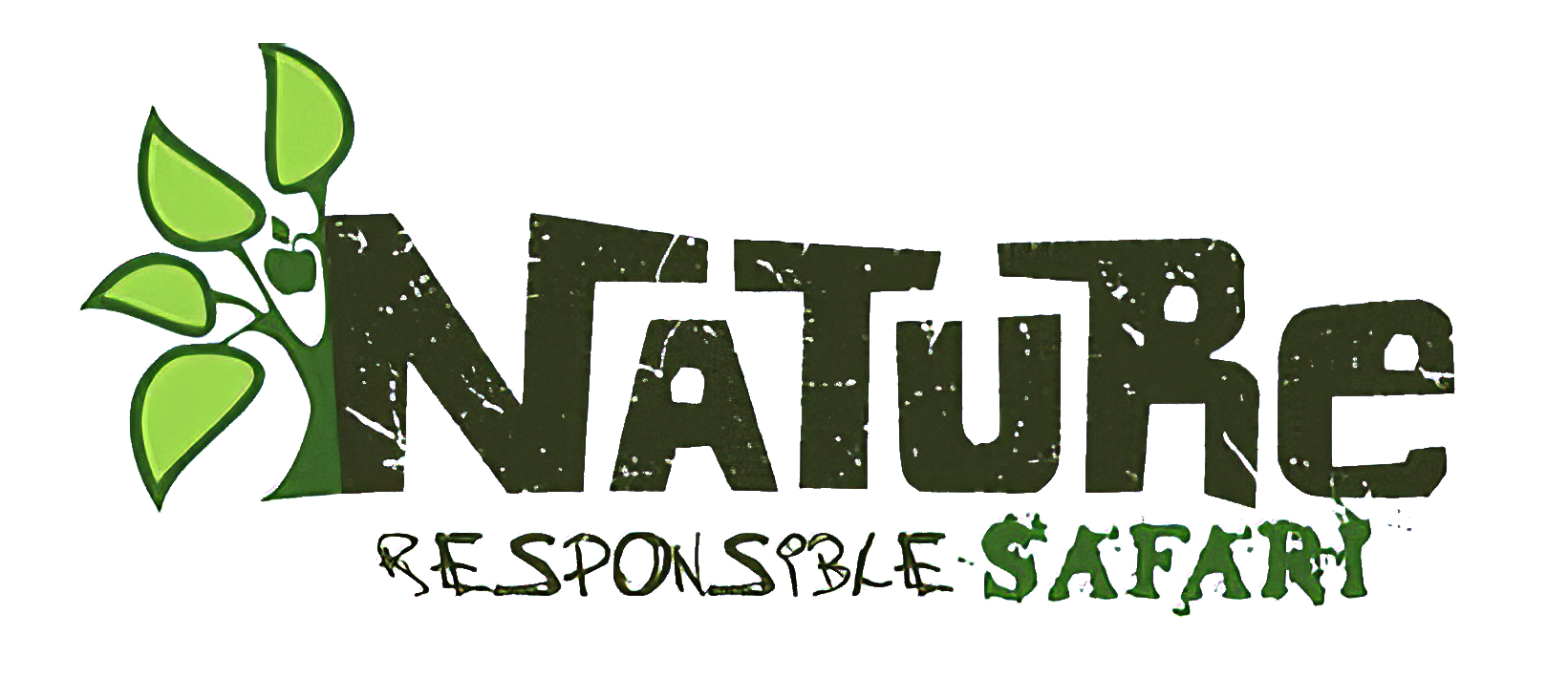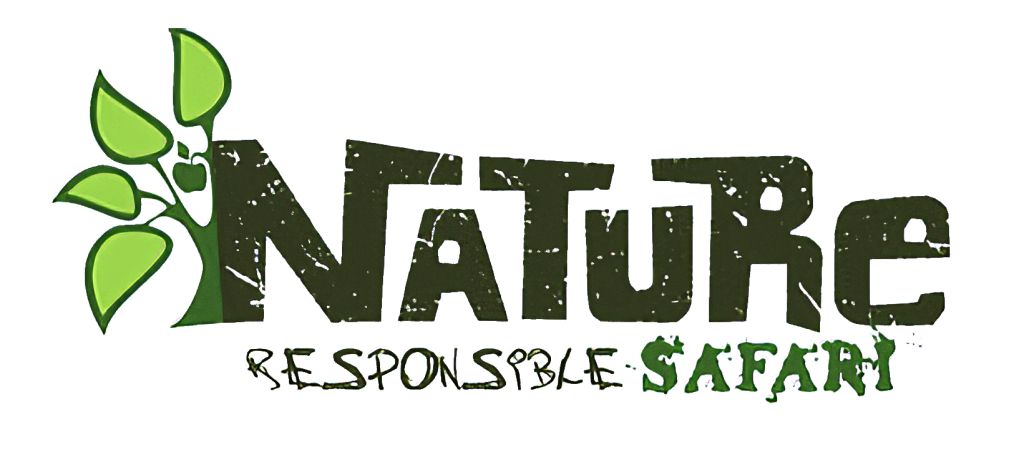Health and Safety guidelines
Vaccinations
The standard vaccinations required for travel to Tanzania include diphtheria, tetanus, typhoid, and hepatitis A. However, we strongly advise consulting your doctor or a travel clinic for the most up-to-date recommendations.
There is some misinformation regarding Yellow Fever vaccination requirements. You only need a Yellow Fever vaccination certificate if you are arriving from a country that is considered at risk for Yellow Fever by the World Health Organization (WHO). If you are flying directly from Europe or the USA, you do not need a Yellow Fever certificate. Airport transfers in other African countries are allowed for up to 12 hours, provided you do not leave the airport.
Dehydration
Temperatures in Tanzania can range from 25-35°C, making hydration essential. You should drink at least 3 liters of fluids per day while on safari. Even if you do not feel thirsty, maintaining this intake is crucial. Be aware of dehydration symptoms in yourself and fellow travelers, including thirst, dry lips, nose or mouth, headache, fatigue, or lethargy.
Malaria
Tanzania is a malaria-prone region, so we recommend taking anti-malarial medication. While mosquitoes are not found above 2,000m, they are present in towns like Moshi and Arusha, as well as in safari parks. Some hotels may not provide mosquito nets, so additional precautions should be taken:
Wear long-sleeved clothing at dawn and dusk when mosquitoes are most active.
Use a DEET-based mosquito repellent.
Consult your doctor about the best malaria prophylaxis for you.
If you are taking Diamox (for altitude sickness), inform your doctor, as some malaria medications taken alongside Diamox can cause nausea and stomach upset. A weekly malaria tablet may be a better option, but medical advice is necessary.
Drinking Water
On safari, all drinking water provided is treated with water guard tablets. You can fill up your bottles each morning, and additional water will be available in the safari vehicles. Please note that disposable plastic water bottles are banned by the Kilimanjaro Park Authority. Only reusable water bottles are permitted.
Hygiene
Maintaining hygiene is crucial in safari environments to prevent stomach upsets. We provide antibacterial hand gel in toilet tents at each camp. However, carrying a personal supply is advisable in case you need it during daily activities.
Dietary Requirements
If you have special dietary requirements or are vegetarian, please inform us at the time of booking so we can ensure suitable meal options are available for you.

